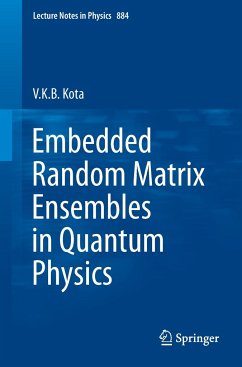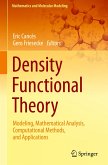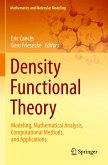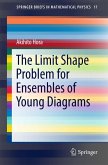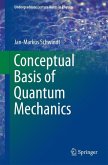Although used with increasing frequency in many branches of physics, random matrix ensembles are not always sufficiently specific to account for important features of the physical system at hand. One refinement which retains the basic stochastic approach but allows for such features consists in the use of embedded ensembles.
The present text is an exhaustive introduction to and survey of this important field. Starting with an easy-to-read introduction to general random matrix theory, the text then develops the necessary concepts from the beginning, accompanying the reader to the frontiers of present-day research. With some notable exceptions, to date these ensembles have primarily been applied in nuclear spectroscopy. A characteristic example is the use of a random two-body interaction in the framework of the nuclear shell model. Yet, topics in atomic physics, mesoscopic physics, quantum information science and statistical mechanics of isolated finite quantum systems can also be addressed using these ensembles.
This book addresses graduate students and researchers with an interest in applications of random matrix theory to the modeling of more complex physical systems and interactions, with applications such as statistical spectroscopy in mind.
The present text is an exhaustive introduction to and survey of this important field. Starting with an easy-to-read introduction to general random matrix theory, the text then develops the necessary concepts from the beginning, accompanying the reader to the frontiers of present-day research. With some notable exceptions, to date these ensembles have primarily been applied in nuclear spectroscopy. A characteristic example is the use of a random two-body interaction in the framework of the nuclear shell model. Yet, topics in atomic physics, mesoscopic physics, quantum information science and statistical mechanics of isolated finite quantum systems can also be addressed using these ensembles.
This book addresses graduate students and researchers with an interest in applications of random matrix theory to the modeling of more complex physical systems and interactions, with applications such as statistical spectroscopy in mind.

